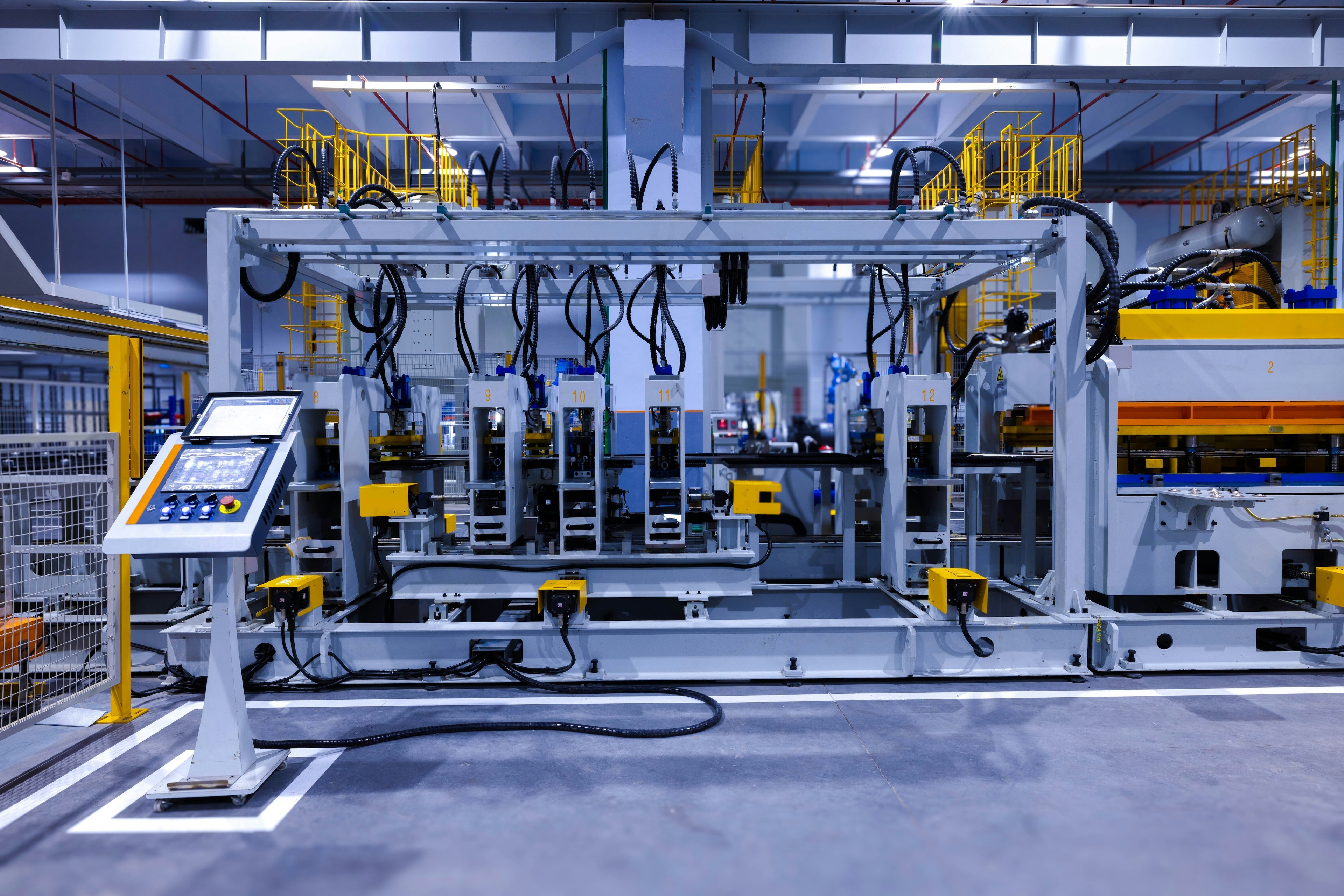Why sustainable products are a win-win for all of us

Companies are growing their market share by producing sustainable products
Image: REUTERS/Susana Vera
Stay up to date:
Future of Consumption
What makes a product sustainable? According to Wikipedia, sustainable products are those that provide environmental, social and economic benefits while protecting public health and the environment over their whole life cycle, from the extraction of raw material until their final disposal.
That sounds expensive. So what motivates a multinational to innovate sustainable products? Profit, global growth, employee engagement, or because it’s the right thing to do? I bet it is a little of all of the above. And if we are lucky, such products will help us build a better world for future generations.
Consider the $1 voice box. Previously, an average voice box to cure the failure of vocal cords cost approximately $1000. Then Dr Vishal Rao and Shashank Mahes invented one that can be produced for just $1. The developer duo wanted to offer patients affordable healthcare and make a social change. The $1 voice box is produced using local labour in India and gives thousands of people their voice back every year. So, good for the world or just expensive hype? You decide.

But how can you make money - even just enough to pay for the cheap renewable energy you are using - when you are selling sustainable goods at such low prices? If you raise the prices to cover your cost and actually turn a profit, will anyone pay for it? Yes, the data show. Though sustainable goods are often thought to be more expensive, and sometimes are, in order to fund the longer processing times or intensive manufacturing requirements, people are still voting for sustainability with their pocket books.
Take Whole Foods, for example. This is one of nine companies in the sustainability space with revenues worth more than $1 billion, alongside eco-friendly innovators such as Tesla, Chipotle and Natura. Other traditional names have gone green too, such as Nike, Toyota, and GE. Together these companies generate more than $100 billion in annual revenue from their green product lines alone.
Then there’s growth. Not only are companies making money, but they are growing their market share by being sustainable. For example, Unilever’s 16 'Sustainable Living' brands are becoming increasingly important to the company, growing more than 50% faster than the rest of the business and accounting for 60% of growth in 2016.
But perhaps most importantly, sustainability drives purpose and passion for employees. In a survey by Deloitte, 73% of employees who feel that they work for a purpose-driven company said that they are engaged with their job, compared to 23% of respondents who do not feel that they work for a purpose-driven company. People want to be part of something good, something bigger than themselves. They want to feel great about what they do every day. When employees are fully engaged, they give more, and the company gets more. A win-win.
How can multinationals move into the sustainability space and be successful, following the examples above? Use the skills they already have. The same rigour and operational excellence on which they have built their success in manufacturing and product innovation can help them develop sustainable goods efficiently.
Tactics such as Lean Six Sigma, design thinking, frugal innovation, cost optimization and application of scale can be deployed in the same way as always. The company must simply be motivated by better profits, more growth, increased employee engagement and making the world a better place. It seems like an easy choice.
Don't miss any update on this topic
Create a free account and access your personalized content collection with our latest publications and analyses.
License and Republishing
World Economic Forum articles may be republished in accordance with the Creative Commons Attribution-NonCommercial-NoDerivatives 4.0 International Public License, and in accordance with our Terms of Use.
The views expressed in this article are those of the author alone and not the World Economic Forum.
Related topics:
Forum Stories newsletter
Bringing you weekly curated insights and analysis on the global issues that matter.
More on Manufacturing and Value ChainsSee all
Robert Metzke
September 15, 2025
Joe Myers
September 12, 2025
Emilian Axinia
September 11, 2025
Theresa Wolf and Andrea Willige
September 9, 2025






